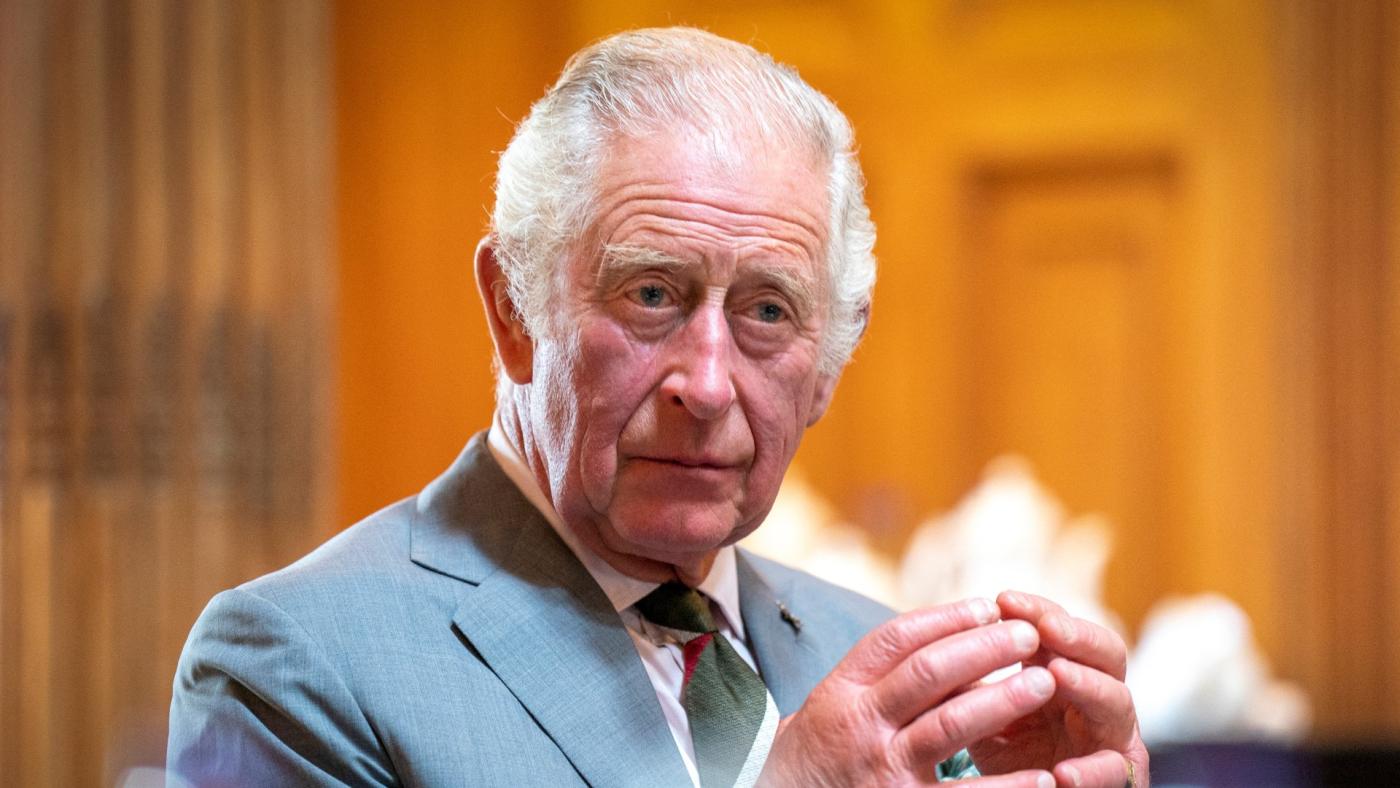Self-declared “soldier of the Islamic State”, 17 year-old Lloyd Gunton, has been jailed for life after planning to ram a car into victims in Cardiff before attacking “non-believers” with a knife and a hammer, with the aim of being killed by police. Possible targets included a Justin Bieber concert, the Castle Quarter, a shopping centre, the Central Library, and the New Theatre.
The white teenager, who is autistic, is said to have been heavily influenced by online Isis propaganda since summer 2016, with the judge in the case saying he openly expressed his support for the group on Instagram. His declaration of allegiance to Isis was also made in a martyrdom note he had written to be read after his planned attack.
The note stated, “I am a soldier of the Islamic State and I have attacked Cardiff today because your Government keep [sic] on bombing targets in Syria and Iraq … There will be more attacks in the future … In the name of Allah, may terrorism greet your country. May there be more bomb and vehicle attacks with Allah’s permission”.
Of his radicalisation, the judge said to Gunton that he is “something of a loner and someone more easily impressed by the things you read on the internet”, adding, “Yours is not a condition from which you will recover”.
His plot planned to repeat the tactics carried out in Westminster and London Bridge “and follows instructions sent out by Isis in online propaganda magazines translated into multiple languages and distributed around the world, which have advised fanatics on what vehicles and weapons to use to maximise bloodshed”. Isis has intensified calls for lone-wolf attacks as it declines and as routes used by prospective foreign fighters to get to Isis territory have been cracked down on by security services.
The security services have consequently warned that potential terrorists do not actually have to meet other extremists in person in order to plan their attack. Ministers have also warned of this “remote radicalisation”.
Echoing these warnings, Detective Superintendent Jim Hall, head of the Wales Extremism and Counter Terrorism Unit (Wectu), said of the case, “This case has highlighted the ongoing concerns with young people gaining access to extremist material on the internet and how quickly that can lead to radicalisation”.
Thousands of children have been referred to Prevent, the Government’s counter-extremism programme, which is being reviewed after it emerged some of the terrorists who committed the five UK terrorist attacks last year were known as potential threats.
Sources
Dearden, L. (2018) ‘Autistic teenager who planned Isis-inspired terror attack in Cardiff jailed for life’. [online] 2 March. http://www.independent.co.uk/news/uk/crime/isis-attack-plot-cardiff-justin-bieber-concert-lloyd-gunton-wales-online-radicalisation-a8237366.html. [Accessed 6 March 2018].






